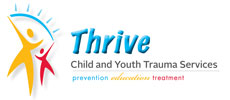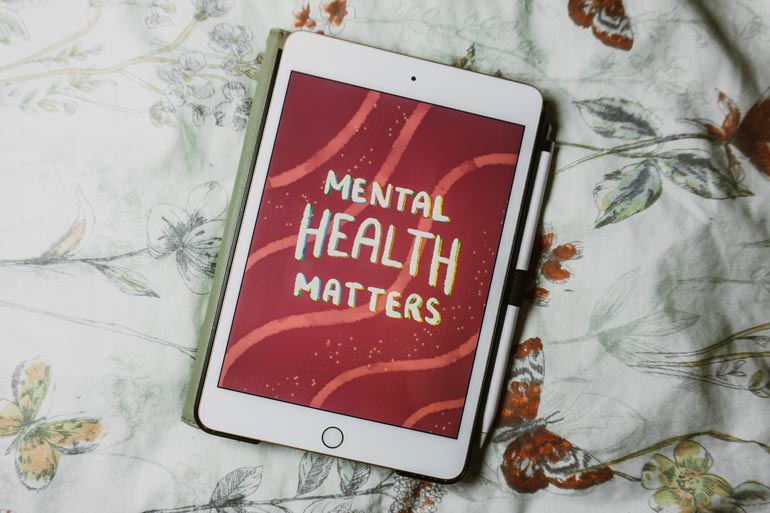Trauma – FAQ’s
What we know from the mental health professionals:
Because of the general lack of understanding of trauma, how it manifests and what is needed to heal, we believe it is important to provide links to reliable information about trauma resulting from sexual abuse, the various ways it can express itself, and what can be done to heal.
Myths about childhood trauma:
- kids ‘get over it’
- it doesn’t bother them once they grow up because, as adults, they seem able to function;
- there is nothing can be done about it years later;
- male pedophiles who abuse boys are homosexuals;
- all homosexual people are pedophiles;
- If a victim of sexual assault does not fight back, they must have thought the assault was not that bad or they wanted it.
Even though these myths are demonstrably false, many people still believe them. We share these resources so you can become better informed and therefore more understanding of the suffering of those who have been abused.
Trauma is a wound. Often an invisible wound. Trauma occurs when a person is confronted with a threat to the physical integrity of self or another where the threat overwhelms coping resources and evokes subjective responses of intense helplessness, terror and horror.
Emotional and psychological trauma
Emotional and psychological trauma is the result of extraordinarily stressful events that shatter your sense of security, making you feel helpless in a dangerous world. Psychological trauma can leave you struggling with upsetting emotions, memories, and anxiety that won’t go away. It can also leave you feeling numb, disconnected, and unable to trust other people.
Symptoms of psychological trauma
We all react to trauma in different ways, experiencing a wide range of physical and emotional reactions. There is no “right” or “wrong” way to think, feel, or respond, so don’t judge your own reactions or those of other people. Your responses are NORMAL reactions to ABNORMAL events.
- Emotional & psychological symptoms:
- Shock, denial, or disbelief
- Confusion, difficulty concentrating
- Anger, irritability, mood swings
- Anxiety and fear
- Guilt, shame, self-blame
- Withdrawing from others
- Feeling sad or hopeless
- Feeling disconnected or numb
- Physical symptoms:
- Insomnia or nightmares
- Fatigue
- Being startled easily
- Difficulty concentrating
- Racing heartbeat
- Edginess and agitation
- Aches and pains
- Muscle tension
(Source: https://www.helpguide.org/articles/ptsd-trauma/coping-with-emotional-and-psychological-trauma.htm)
Frequently Asked Questions
… about childhood trauma and sexual abuse
Below are the most common questions that come up from young people, and their families. We have provided links to reputable clinical/psychological sites sourced by the professional clinical team who are working to treat children and their families who have experienced sexual abuse.
Why do people often not come forward till years later?
The most common symptoms of trauma are shock, disbelief and denial. These are often accompanied by guilt, shame and self-blame. It is not surprising, then, that it can take years for people who have been abused – either as children or adults- to gain the awareness and summon the courage to come forward and disclose what happened to them. Below are articles that explore the many factors that impact disclosure of abuse.
From Pyschology Today
Findings show that disclosure is determined by a complex interplay of factors related to child characteristics, family environment, community influences, and cultural and societal attitudes. An ecological analysis is offered to understand these complexities. Unless barriers to disclosure are eradicated, negative effects of childhood sexual abuse can persist manifesting in serious mental health issues.
How is childhood trauma experienced and expressed in adulthood?
Adults who were abused as children may experience many of the symptoms associated with trauma (see above). The severity, intensity and timing will differ from individual to individual.
How is it possible that parents or caregivers do not know or do not do anything to stop it?
Parents are not responsible for the abuse inflicted on their children by someone in a position of trust. Having said that, because of growing awareness of the issue, parents can equip themselves with information to be aware of red flags and warning signs.
Did the child do something to invite it?
Children do not know or understand sexuality as adults do. It is the adult who is responsible for their own behaviour:
Who commits sexual abuse?
There is no typical profile of someone who commits sexual abuse. People who sexually offend cross all socioeconomic, educational, gender, age, and cultural lines (Knight, 2010; Knight and King, 2012). Although 90-95% of abusers are males (Cortoni, Hanson, and Coache, 2010), females also commit sexual abuse. One regard in which females who sexually abuse others differ from males is that females are more likely than males to abuse younger children.


